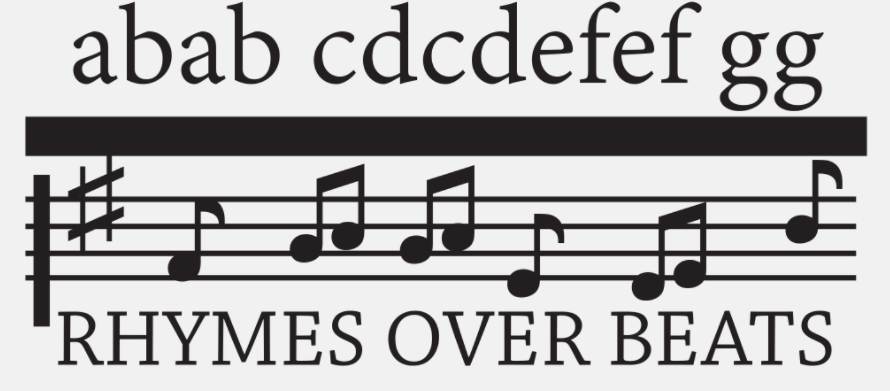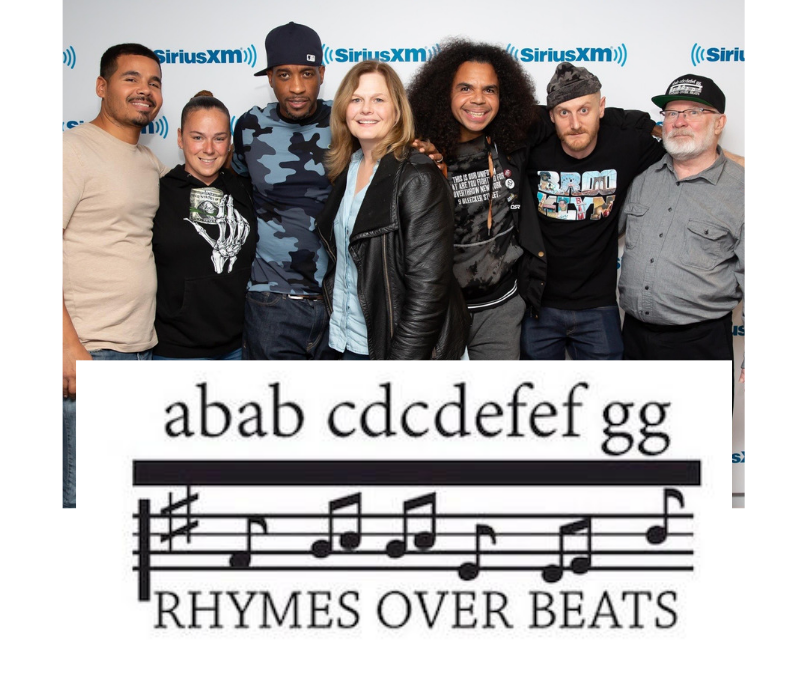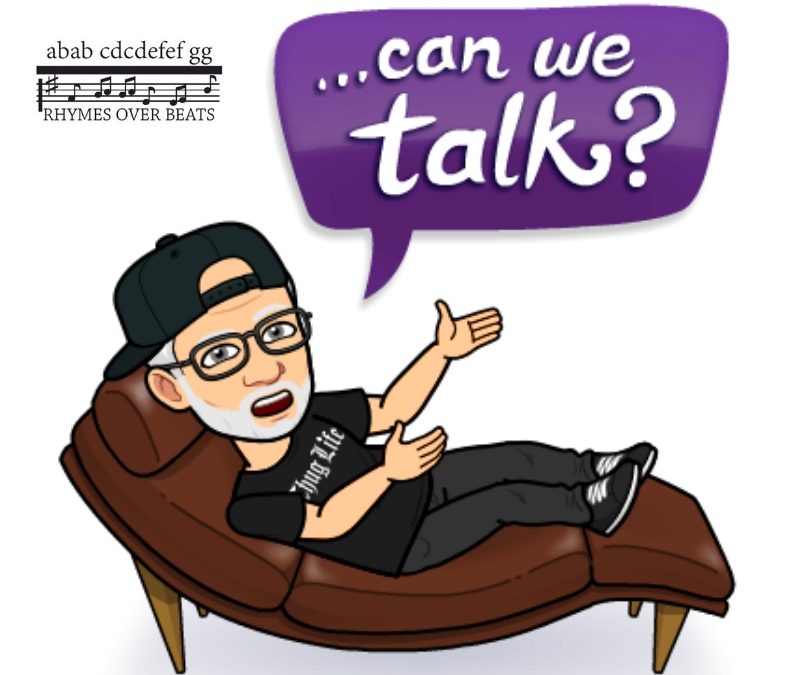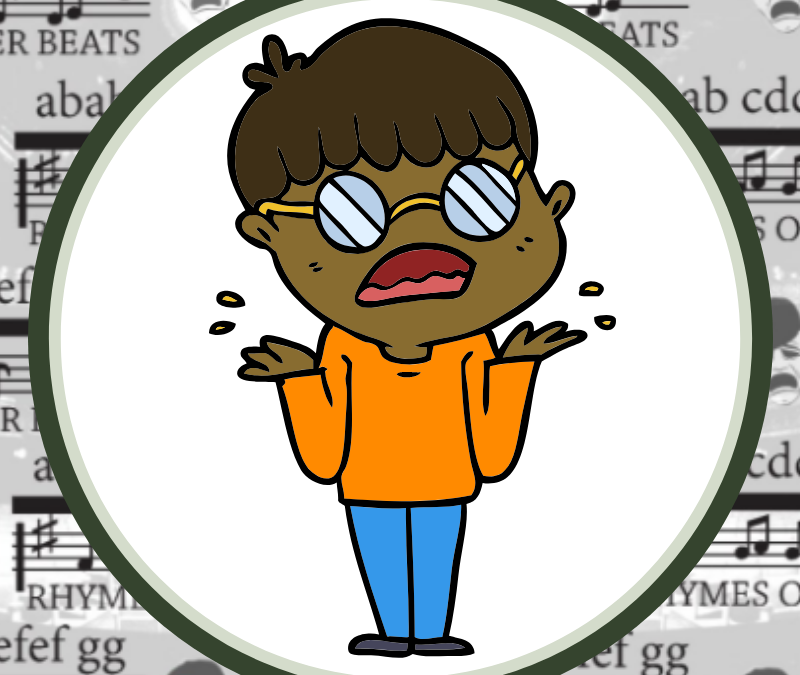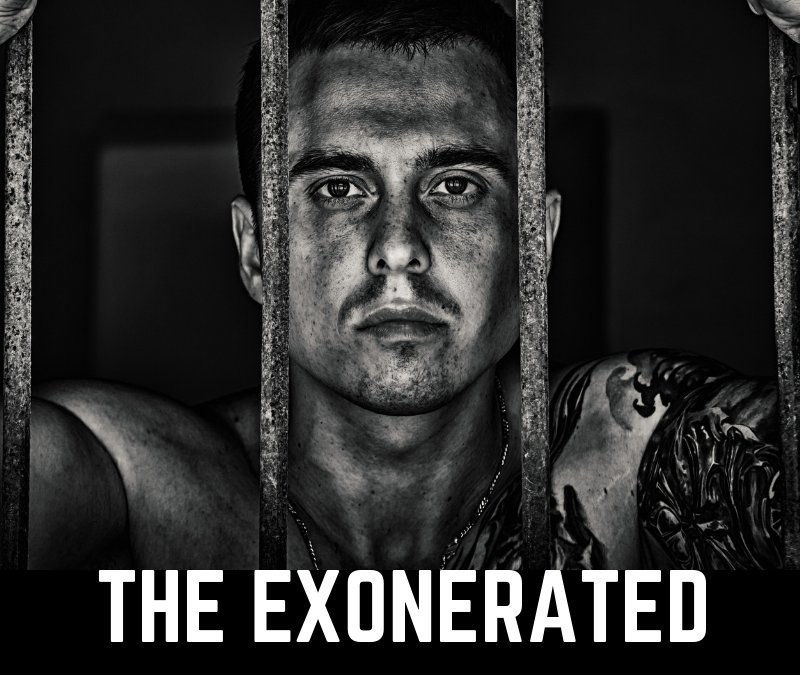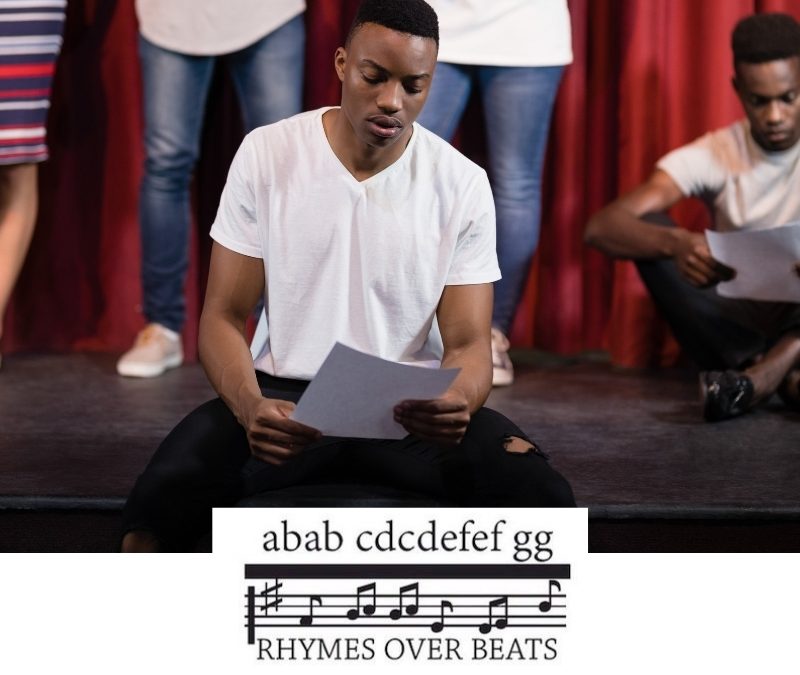
Casting The Exonerated
The Exonerated
The project I want to talk about this week is The Exonerated. It is documentary theatre, which means that it is theatre that uses pre-existing documentary material (such as newspapers, government reports, interviews, journals, and correspondences) as source material for stories about real events and people, frequently without altering the text in performance.
The bulk of this other material in this instance consists of interviews with the individuals who were exonerated. Five men and one woman, of whom three are black and three are white. None were pillars of the community. They were just regular people trying to get by.
Because it’s a revival (it debuted Off-Broadway on October 10, 2002, was made into a film in 2005 and ran Off-Broadway again in 2012), many of the preproduction steps have already been taken.
The most important is the text of the play. It is fixed. As producers we can’t, for example, say, ‘Let’s get rid of a character to save the money we would spend on an actor’s salary.’
A Revival is a Re-imagining of the Play
What producers do when they mount a revival is to cause the play to be viewed in a new way, a reconceiving of the play for this new time.
The producers determine that the play will be presented in a new way to reflect something current in the culture that they can address. Multicultural and gender-neutral casting is one way of doing this that is now extremely popular. Another excellent current example of this is the Broadway production of King Lear with Glenda Jackson as the title character.
We are a hip hop theater collective. When we look at The Exonerated, a story of how innocent people were unjustly convicted because they were poor, or black, or both, we see a hip hop story.
So we have decided to present it with hip hop artists.
This is not a totally original idea since Mary J. Blige was in the original production, but casting the entire play, at least the main individuals, with hip hop artists who are also actors is new.
Hip Hop Actors?
We have in mind a few different hip hop artists for each part; we have in mind our ideal cast. But we obviously don’t know every hip hop artist who can act, and some people on our ideal list might not be interested.
Maybe you can help us out?
Read the play. Think about who you would like to see in each part. Send us your suggestions.
Looking forward to a flood of resumes! Send them to cate@rhymesoverbeats.org.
